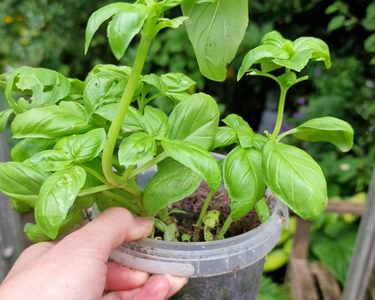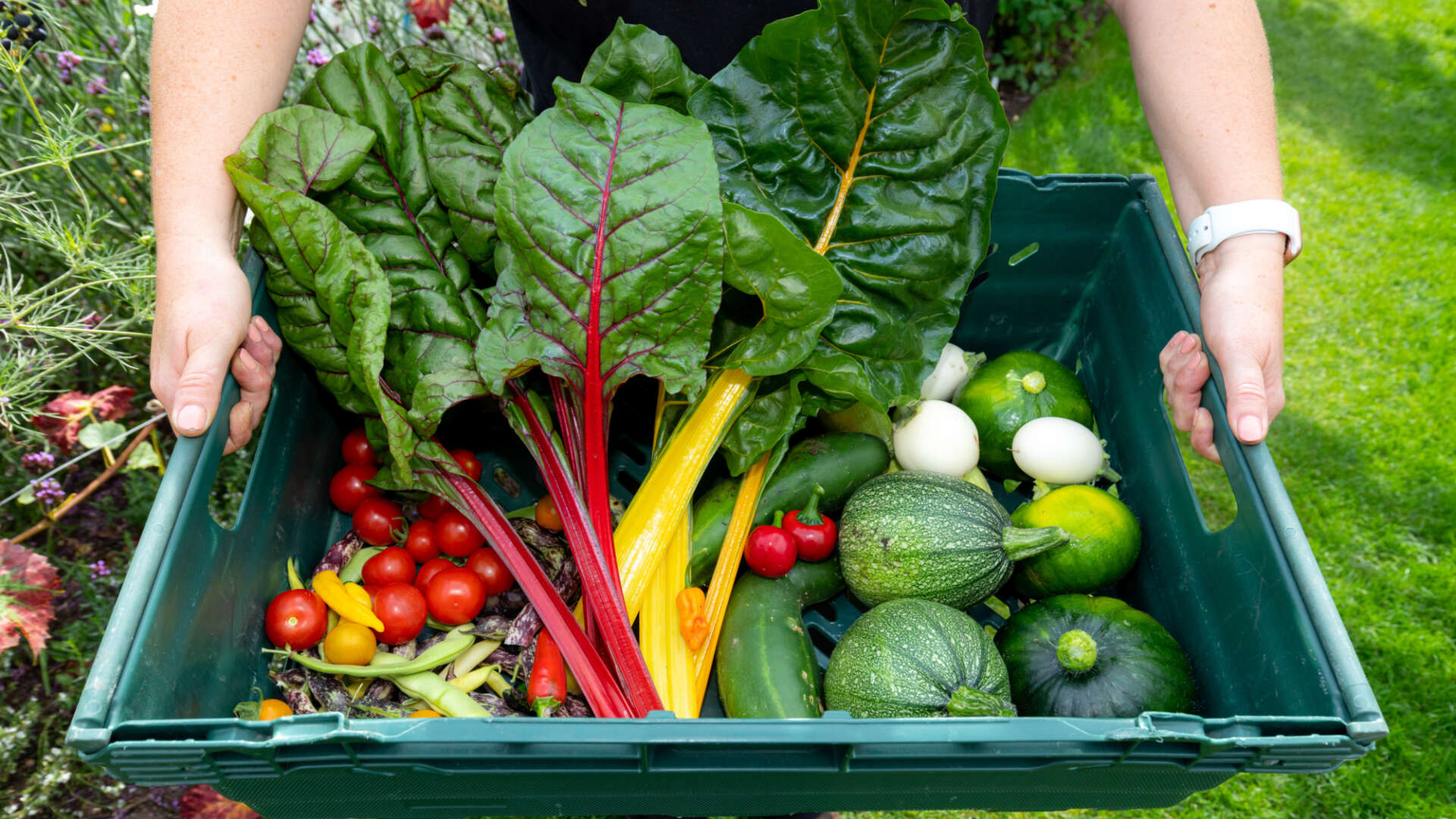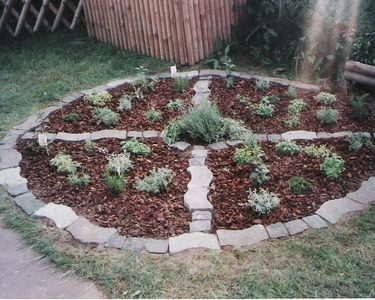Chris Collins on... growing herbs

You may also like

The term ‘herbs’ can be misleading as these plants can be herbaceous, shrubby, in tree form or annual by nature. But whatever form they come in, we can all agree, there’s so much to love about them, from their aroma, versatility as a cooking ingredient and positive impact on pollinators.
Grown fresh from seed, homegrown herbs take a bit more effort than buying supermarket herbs but they’re also so much tastier - and growing your own means an organic plant is guaranteed!
Windowsill wonders
The soft, annual herbs such as basil, coriander and parsley are perhaps the easiest to grow. These can be simply sown in a pot on a windowsill. Cover the pot in a transparent bag, which should be held in place with an elastic band, and cut the corners off the bag to allow circulation. This homemade propagator should easily get germination underway.
The important part of growing these particular herbs, is to pinch out their tips to get them to fill out as plants by encouraging more lateral growth. You can repeat sow annuals at two-to-four-week intervals for a constant supply - and believe me it’s totally worthwhile! You’ll have armfuls of herbs to toss in salads, pasta and pesto.
The herb border
Not all herb plants belong on a windowsill. Beautiful shrub herbs such as lavender and rosemary fit perfectly into a mixed ornamental order, providing structure, colour and a variety of uses.
They have a few basic requirements, including free-draining, light soil and plenty of sunshine. Mix in lots of gravel or horticultural sand to a planting pit if your soil is heavy. If you’re growing in a pot or window box, use a decent peat-free multipurpose compost, mixed with 20 per cent horticultural sand.
Often herbs are relegated to a vegetable patch or pot, but they can really make a design statement in your growing space. Try creating a herb wheel made from recycled materials such as bricks, and divide into slices . Each slice can be adapted to suit the different needs of the herbs. For example, thyme, sage and rosemary will like gritty, free-draining soil, while parsley and coriander will like it moister. Populated by bees and butterflies in the summer, you’ll realise that herbs deserve pride of place in your garden.
